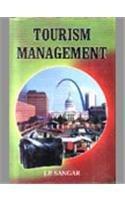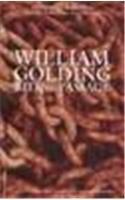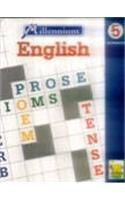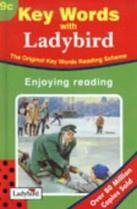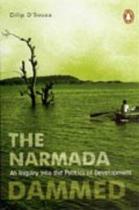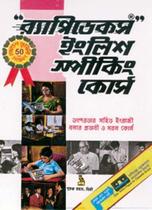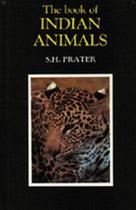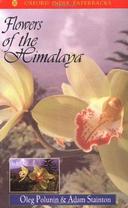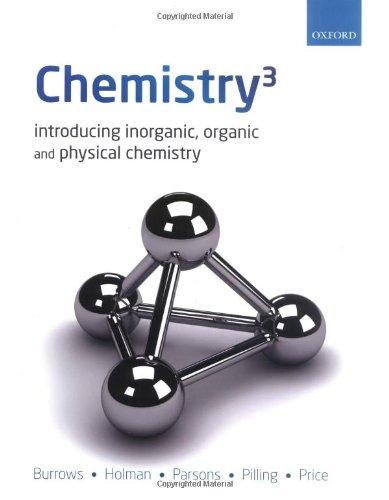 14.0%OFF
14.0%OFF

Download App
| >> | LShop | >> | Book | >> | Mathematics & Scienc... | >> | Chemistry | >> | Chemistry�1/2: Intro... |
 14.0%OFF
14.0%OFF
Chemistry�1/2: Introducing Inorganic, Organic and Physical Chemistry
-
ISBN
:
9780199277896
-
Publisher
:
Oxford University Press, USA
-
Subject
:
Chemistry, Linguistics, Biology, Life Sciences
-
Binding
:
PAPERBACK
-
Pages
:
1395
-
Year
:
2009
₹
1845.0
 14.0% OFF
14.0% OFF
₹
1586.0
Buy Now
Shipping charges are applicable for books below Rs. 101.0
View Details(Imported Edition) Estimated Shipping Time : 20-23 Business Days
View Details-
Description
Unique among introductory chemistry texts, Chemistry� is written by a team of chemists to give equal coverage of organic, inorganic, and physical chemistry--coverage that is uniformly authoritative throughout. A special feature is the mechanistic approach to organic chemistry, rather than the old-fashioned 'functional group' approach.Chemistry� tackles two issues pervading chemistry education: the students' mathematical skills, and their ability to see the subject as a single, unified discipline. It provides structured support, in the form of careful explanations, reminders of key mathematical concepts, step-by-step calculations in worked examples, and a Maths Toolkit, to help students get to grips with the essential mathematical element of chemistry. Frequent cross-references highlight the connections between each strand of chemistry and explain the relationship between the topics so students can develop an understanding of the subject as a whole.
-
Author Biography
The authors: All three content authors are actively involved in first year chemistry teaching at their respective institutions, and are well placed to appreciate the challenges that incoming students face when studying undergraduate chemistry. By bringing together authors from the three 'strands' of chemistry, the book offers consistently authorative coverage across the subject.Andy Burrows, University of Bath (Inorganic chemistry)Andy Parsons, University of York (Organic chemistry)Gareth Price, University of Bath: (Physical chemistry) The editors: The editors were chosen not only for their work on context/problem-based learning, but for their detailed working knowledge of school education. They are aware of the level of knowledge with which students leave school and are best placed to contribute to and edit a textbook, which bridges the gap between school and undergraduate chemistry. John Holman, Professor of Science Education, Director of the National Science Learning Centre, University of York. John Holman was co-director of the new 21st Century Science curriculum and is advisor to the government on science education issues. Gwen Pilling, formerly of the Science Education Group, University of York. Gwen Pilling is involved in the development of the Salters Advanced Chemistry curriculum and has written many resources to support teaching and learning.
Related Items
-
of







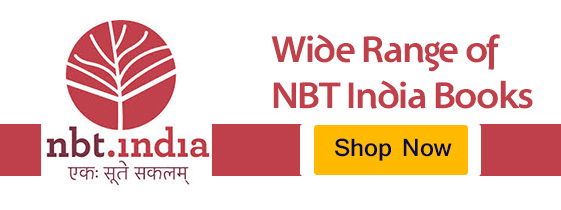




 1586.0
1586.0





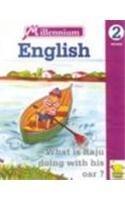
 60.0
60.0
